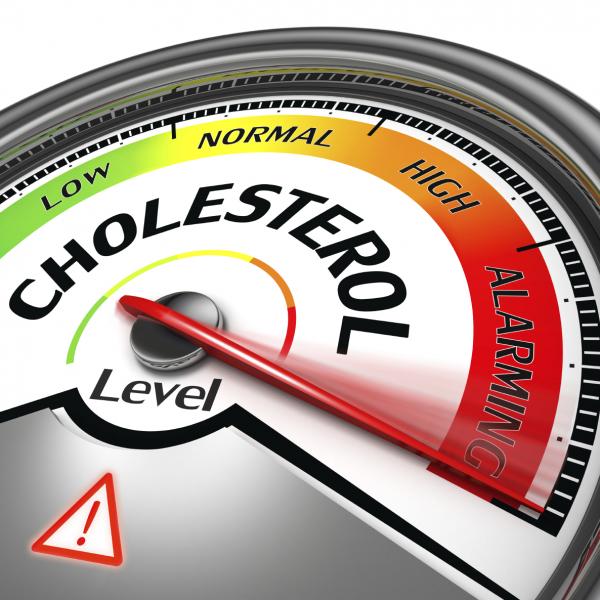September is National Cholesterol Education Awareness Month

By BobbieJo Paul, Family Nurse Practitioner, ATI Active Care, Waukesha, Wisconsin
According to the Centers for Disease Control and Prevention (CDC), about 71 million Americans have high cholesterol. Only one out of every three adults with high cholesterol has the condition under control. Based on these numbers, it is important for individuals to be aware of their cholesterol and risk. If your cholesterol is high, you are at a higher risk for other health issues, including heart disease and stroke.
What is Cholesterol?
Cholesterol is a waxy, fat-like substance that is made by both your body and is in some of the foods that are eaten. LDL and HDL are two types of cholesterol. LDL is the low-density lipoprotein that is known as the “bad” cholesterol. HDL is high-density lipoprotein that is known as the “good” cholesterol. Some cholesterol is needed by the body, but having too much can cause health issues.
What Puts Me at Risk for High Cholesterol?
- Age - the older you become the higher your risk
- Family history - if you have family with high cholesterol your risk is higher
- Diabetes
- Overweight/obese
- High fat/high cholesterol diet
- Physical inactivity
What Can You Do?
- Check your cholesterol level. You do not feel ill when you have high cholesterol, therefore it is important to have your cholesterol checked according to the recommendation of your provider
- Maintaining or attaining a healthy weight
- Choose to eat a healthy diet that avoids saturated fat, trans fat, and dietary cholesterol
- Exercise regularly. The Surgeon General recommends adults engage in moderate-intensity exercise for 2 hours and 30 minutes every week
- Don’t smoke
- If your provider recommends medication to reduce high cholesterol, take your medication as prescribed
Desirable Cholesterol Levels
- Total cholesterol Less than 200 mg/dL
- LDL ("bad" cholesterol) Less than 100 mg/dL*
- HDL ("good" cholesterol) 40 mg/dL or higher
- Triglycerides less than 150 mg/dL
*Note: LDL less than 100 is optimal per the CDC.
Review with your provider what you can do to reduce your risk of having elevated cholesterol or reduce currently elevated numbers.
For more information about cholesterol visit www.cdc.gov/cholesterol
ATI Active Care is a walk-in clinic located in Waukesha, WI, that provides immediate care for non-emergency acute conditions, physicals, health screenings, preventive health and wellness programs. For more information contact BobbieJo Paul at bobbiejopaul@activatehealthcare.com or call (262) 574-2711.
